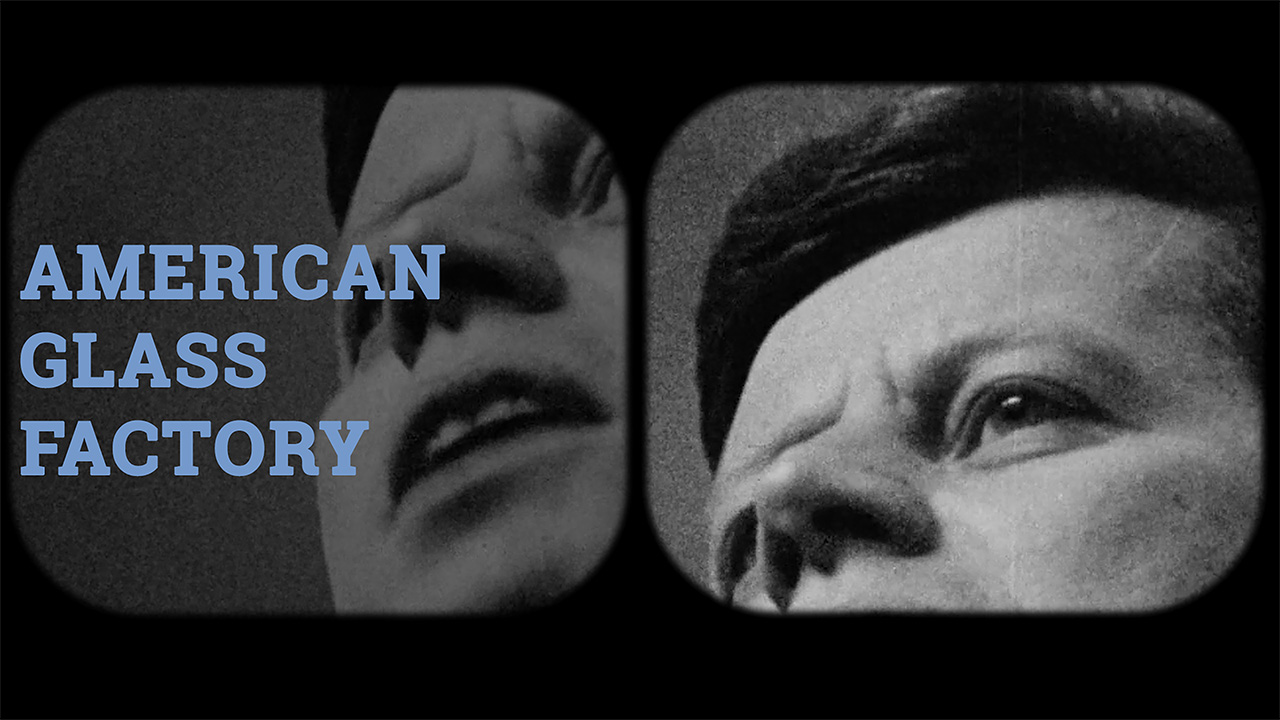American Glass Factory

American Glass Factory
Monday, February 12, 721 Broadway Room 674, 4:00pm - 5:30pm
Live performance by Jason Fox.
Co-sponsored by the Center for Media, History, and Culture and the Martin Scorsese Department of Cinema Studies
Synopsis
What does the U.S. Democratic Party share in common with observational documentary? The promise and the problem of transparency. In a live performance from the audio series "Trust Issues," filmmaker and World Records editor Jason Fox explores the sixty-year long relationship between Direct Cinema and Democratic Party politics. Fox will trace these ties, from Robert Drew’s pioneering 1960 portrait of the Wisconsin Democratic presidential primary contest between John F. Kennedy and Hubert Humphrey, Primary, to Michelle and Barack Obama’s Higher Ground Productions and the Oscar winning documentary, American Factory.
Bios
Jason Fox is a filmmaker, professor, and editor based between New York and Toronto. He has taught in the Graduate School of Cinema Studies at New York University, Princeton University, Vassar College, and CUNY Hunter College. He has worked as a film programmer in conjunction with The American Museum of Natural History, The Flaherty Seminar, and the Museum of Modern Art, among other venues. He is also the founding editor of World Records, published with New York University's Center for Media, Culture, and History.
Aliya Pabani is an artist and audio producer. She was host/producer of Canadaland’s critically acclaimed arts and culture podcast, The Imposter, and her audio work has appeared on In the Dark Radio, NTS Radio, and BBC’s Short Cuts. She co-created POC in Audio, an online directory of 700+ people of colour in audio from around the world. Her predominantly installation- and performance-based art has been shown at Toronto venues including Images Festival, SummerWorks Performance Festival, Art Metropole, and The Theatre Centre.
Credits
The project was made possible thanks to the generous support of The Flaherty, as part of an ongoing initiative to make seven decades of the Flaherty Seminar archives available to researchers and creators.